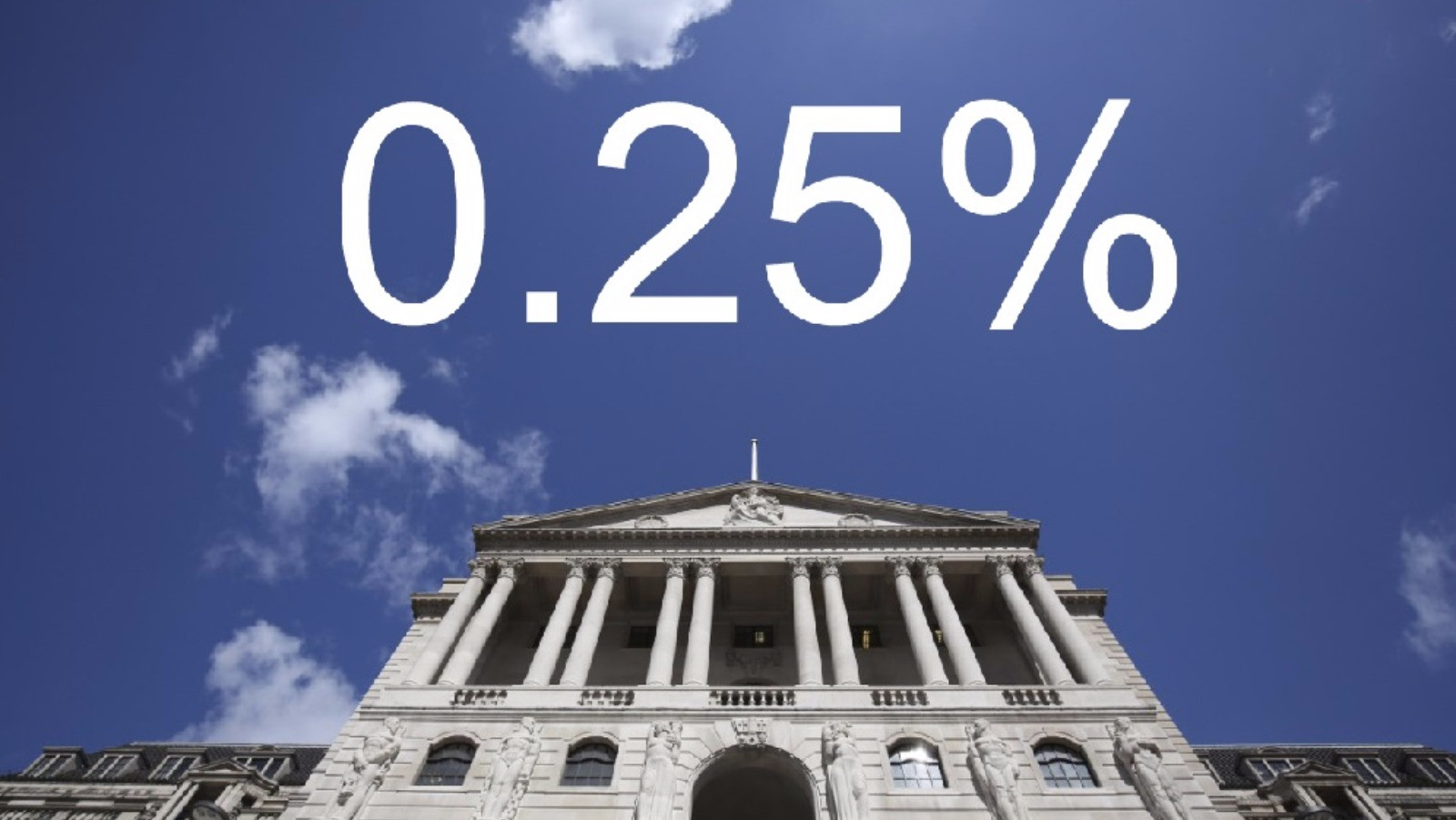Estate planning isn’t exactly one of the cheeriest aspects of managing your finances. Determining how you want to distribute your hard-earned resources is one thing, but finding a way to share it with your beneficiaries — without complicating their own finances — is quite another. You’ve likely been worried that your final gift to your loved ones might turn into a Trojan horse of hassle.
The good news is that there are ways to plan ahead to make sure your gift doesn’t invite more heartache. GOBankingRates connected with Asher Rubinstein — partner at Gallet Dreyer & Berkey who handles tax, trusts and estates and asset protection — to learn more about what to do.
Rubinstein said one of the biggest challenges for people during estate planning is an understandable reluctance to confront their own mortality. In fact, he has had clients with millions avoid or delay their own estate planning, even when a family inheritance was at stake and they were potentially looking at millions in taxes.
“Not acting, or delaying action, could have negative tax consequences for your heirs,” Rubinstein said. “For instance, if you take care of your estate planning in 2024 or 2025, you could get more of your estate to your family and less to the IRS. But if you wait until 2026, your family could pay more in estate taxes. This is because on Jan. 1, 2026, a lower threshold for estate tax takes effect: $7 million rather than $14 million in 2024 and 2025.”
“Acting sooner could save potentially millions in estate taxes for your family,” he said.
Rubinstein said another burden to your beneficiaries is leaving an estate that is composed of assets but little liquidity. The problem: If your heirs have to pay an estate tax, they could have trouble raising the funds to pay that tax. They might have to sell non-liquid assets like real estate, a family business, or even other investments, he added.
One of the best things you can do to avoid this scenario is to meet with an estate planning attorney to discuss strategies for lowering your estate tax.
“Discounted gifting of limited partnership or LLC membership interests is one such strategy,” he said. “Placing assets in certain types of trusts is another strategy. In addition, having life insurance in place could provide the liquidity to pay the estate tax so that your family won’t have to sell assets.”
If you want to make life much easier for your beneficiaries after you’re gone, make sure you have cleared any potential tax issues. Jokes about death and taxes aside, leaving behind outstanding issues on your taxes can present a large burden for your loved ones. One example of these issues, Rubinstein said, is owning non-compliant or undeclared assets, such as a foreign bank account.
“Your heirs could inherit not only your assets but also a liability to the IRS, including the potential for an audit and penalties,” he added. “Thus, it is important to get one’s tax affairs in compliance during one’s lifetime, in order to not burden one’s survivors with an inherited tax nightmare.”
The 2025 Sunset of the Estate Tax Exemption: A Looming Deadline
As the 2025 expiration of a major tax incentive approaches, many wealthy parents are rushing to transfer assets to their children. This rush is fueled by fears that a new tax law may make it harder to pass wealth on to future generations. With Vice President Kamala Harris gaining ground in the 2024 presidential race and her support for higher taxes on the rich, these families are taking swift action.
Currently, individuals can transfer up to $13.61 million tax-free to their family, while couples can give up to $27.22 million. But after 2025, this amount will likely be cut in half. Families with significant wealth are moving quickly to give money to their children before the tax laws change.
They worry that a potential Democratic president may introduce new tax rules that will reduce the benefits they can pass on. However, while wealthy parents are focusing on their children’s financial futures, many are concerned about the emotional toll of these large transfers.
Monika Hengesbach and other wealth advisors are urging families to consider the psychological effects on their children. While the tax savings are significant, it’s important to think about how sudden wealth might impact a child’s mental health and future decisions.
Wealth transfer isn’t just about money; it’s about preparing the next generation to handle the responsibilities that come with it.
The Impact on Estate Planning and Tax Implications
The impending change in the estate tax exemption is causing ripples across the financial landscape. As experts warn of a potential shift in the tax landscape, many are urging individuals to proactively adjust their estate plans to mitigate the potential impact.
“Right now, in 2024, you can have an individual lifetime limit that’s about $13.6 million. What that means is if I am an individual, I have the ability to pass away with $13.6 million dollars of assets or less, and I can either choose to give away some of those during my lifetime or at death. But as long as what I own is less than that, I don’t have to worry about an estate tax. My family can do the normal process of figuring out where my assets go, but they don’t have to worry about paying taxes on that. That’s going to sunset. And, right now, the question is what limit do we go back to and that’s not yet defined. But the industry’s kind of projecting that it’ll fall between six and seven million, so we’re roughly going to lose half of that exclusion.”
And when will we know what’s really going to happen after 2025? Well that, my friends, is up to the next President and Congress.
Planning Ahead: Strategies for Minimizing the Impact
While the exact details of the future estate tax landscape remain unclear, experts advise proactive planning to safeguard your financial legacy.
The easiest and quickest way to reduce the size of your estate (and in turn, reduce potential estate tax liability) is through lifetime giving. An individual can gift each person $18,000 (indexed for inflation) per year without it counting as a lifetime gift that is required to be reported to the IRS and reduces the size of your taxable estate. Tuition and medical expenses can also be paid on behalf of someone else if paid directly to the educational or medical institution without counting as a lifetime gift. Additionally, charitable giving, either directly through a charitable remainder trust or through your retirement account, can be another way to reduce the size of your taxable estate while also positively impacting your favorite charities.
The Importance of Professional Guidance
Navigating the complex world of estate planning requires expert guidance. Engaging with an estate planning attorney can ensure your plan aligns with your goals, minimizes potential tax liabilities, and provides a clear path for your beneficiaries.
While the laws are evolving and the implications can be complex, the development of a carefully structured estate plan in consultation with an estate planning attorney can help mitigate the impact and boost the amount of assets that can be passed to heirs. This process involves careful consideration of your unique circumstances, financial goals, and the desired distribution of your assets.
Conclusion: A Legacy of Peace of Mind
The upcoming changes to estate tax regulations underscore the critical need for proactive estate planning. By engaging in thoughtful planning and seeking expert advice, you can ensure your legacy is passed on smoothly and your loved ones are shielded from unnecessary financial burdens. Estate planning is not just about numbers; it’s about securing peace of mind and ensuring a seamless transition for your family.

















